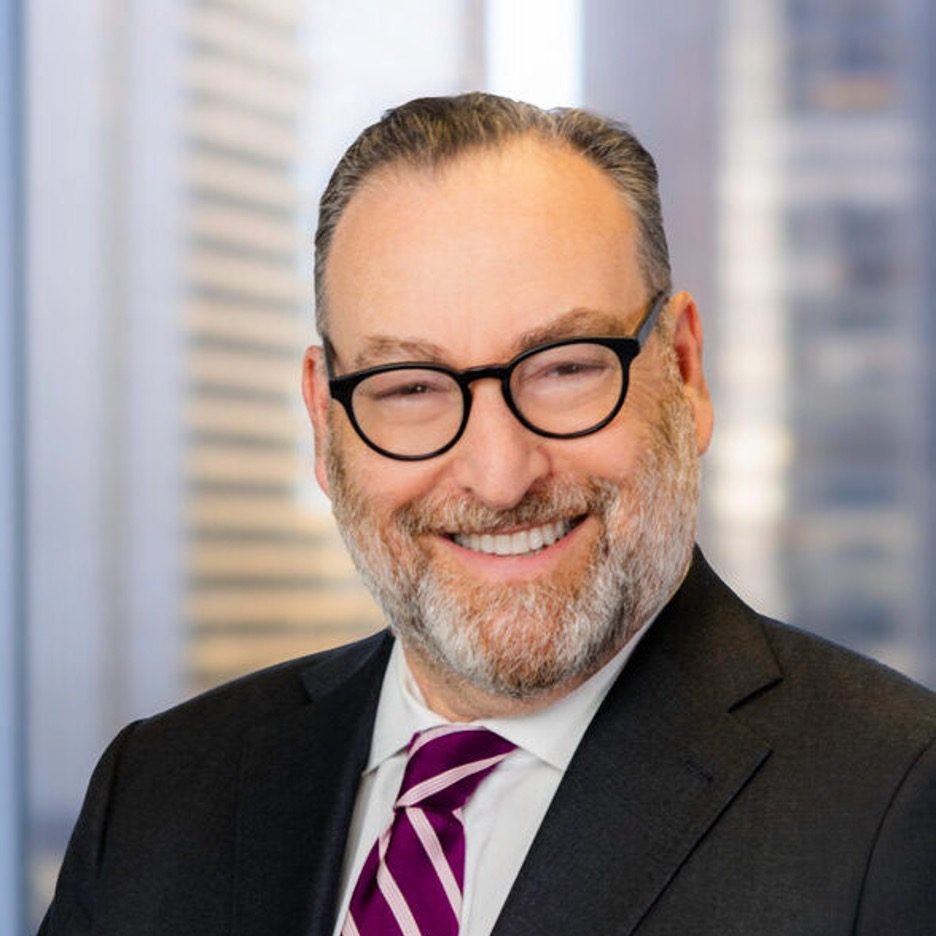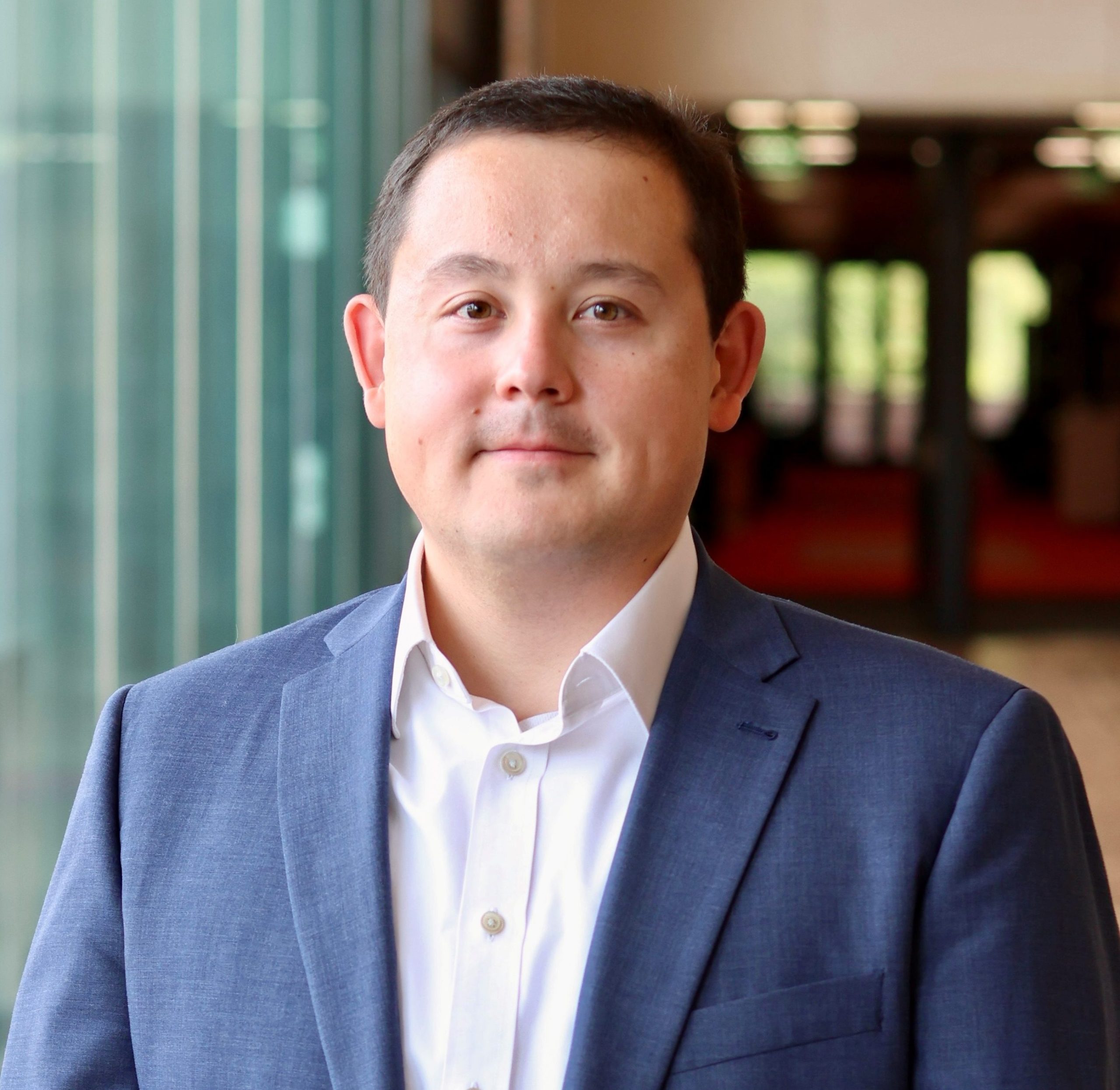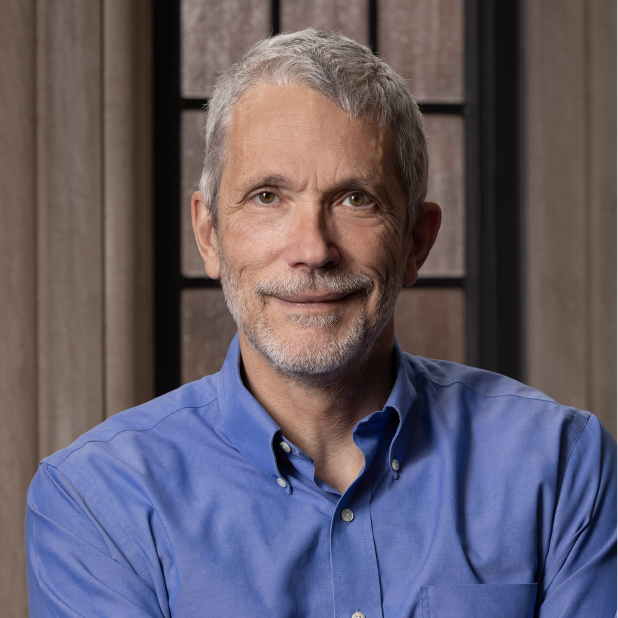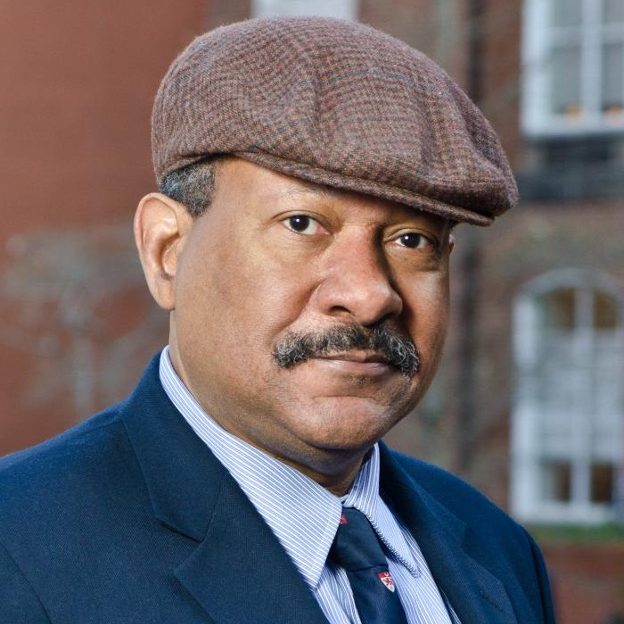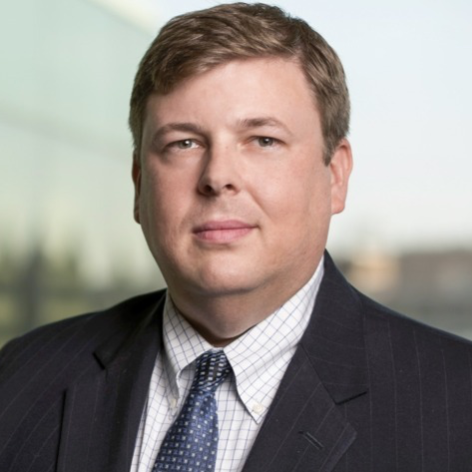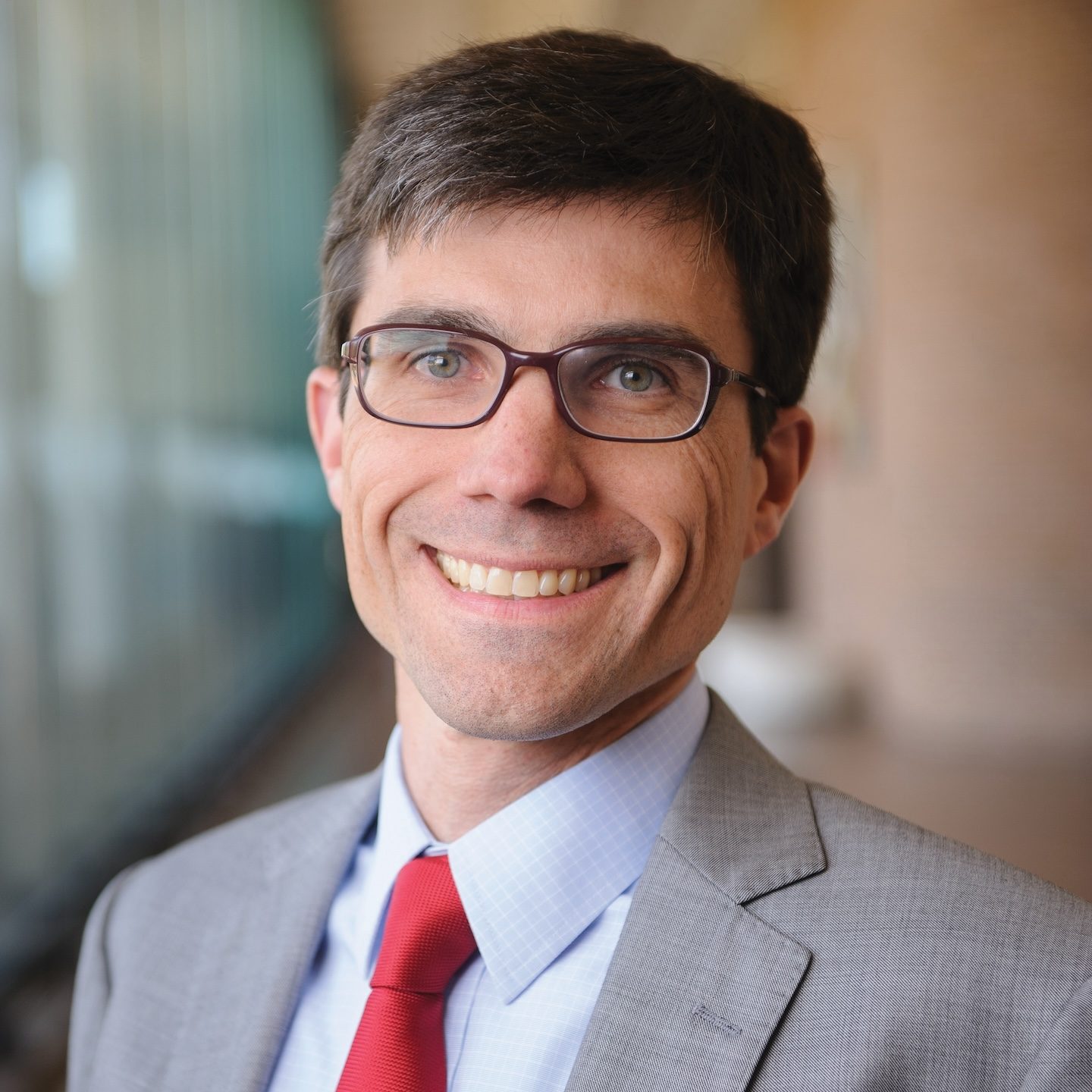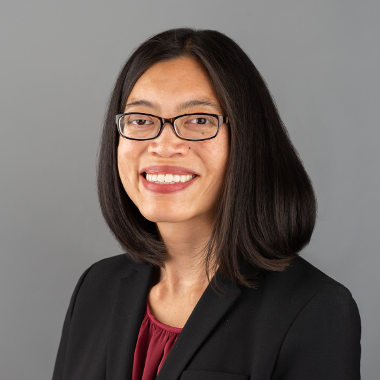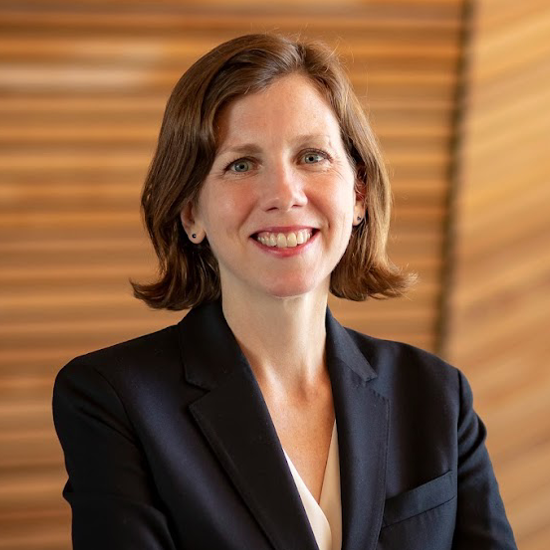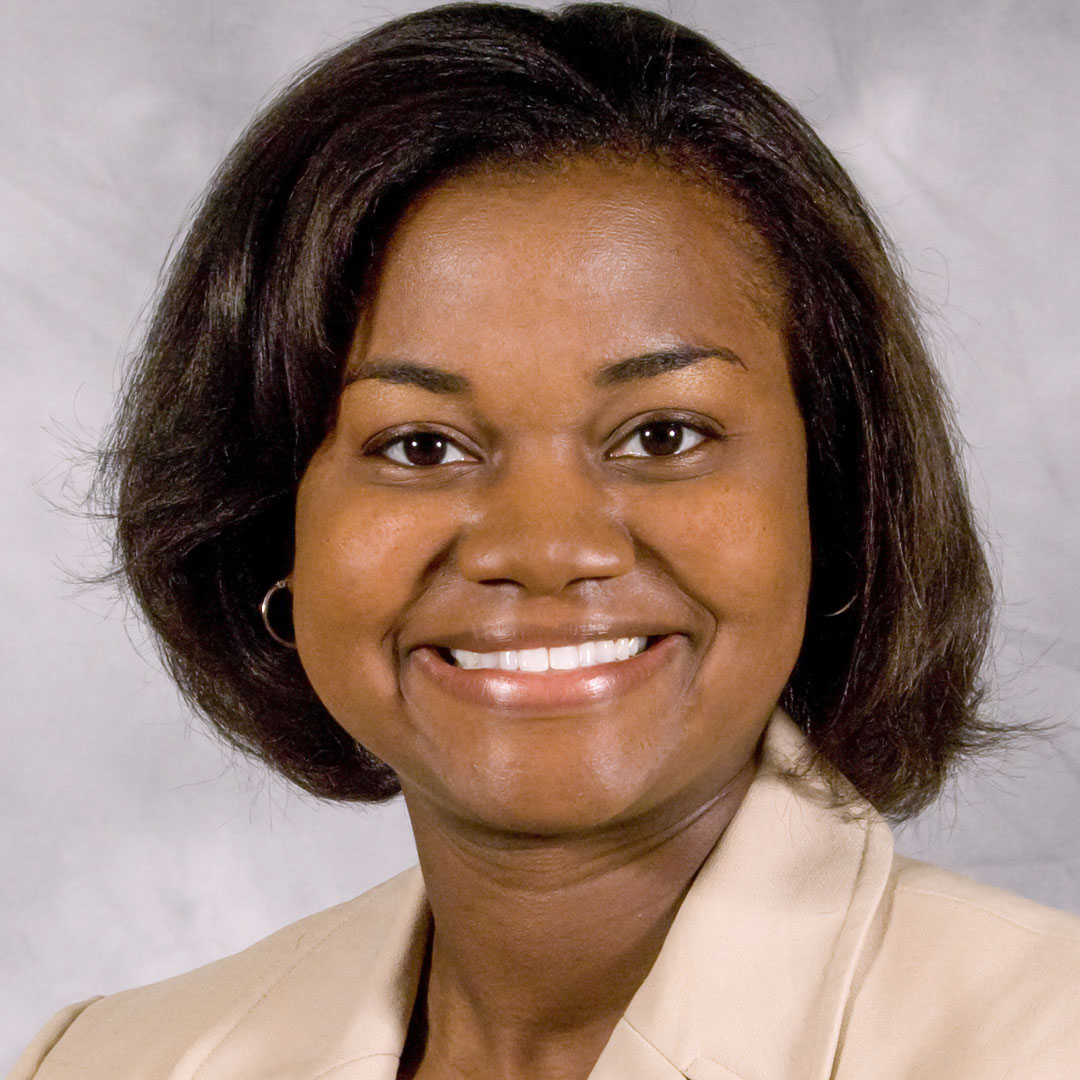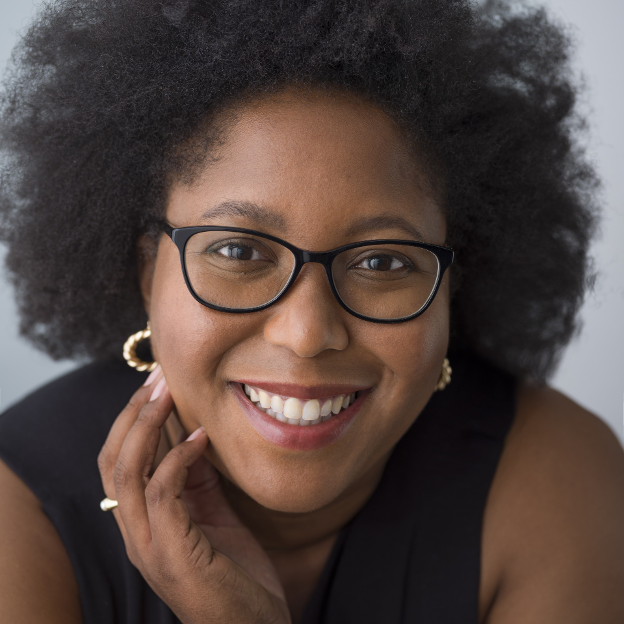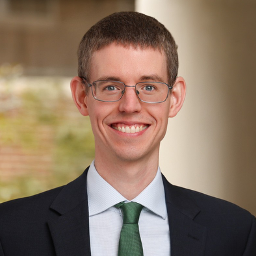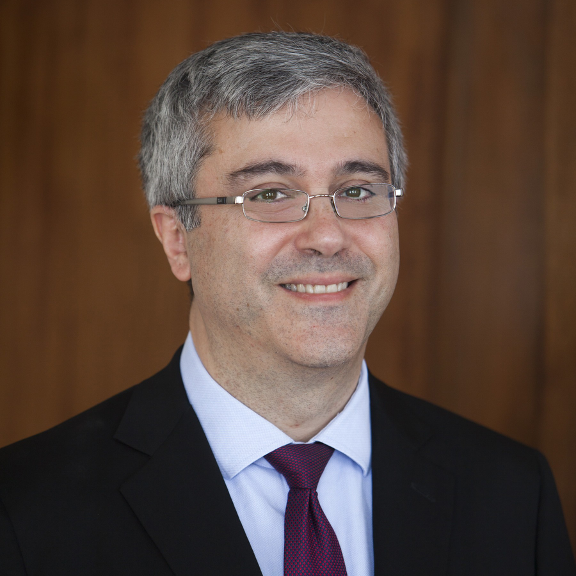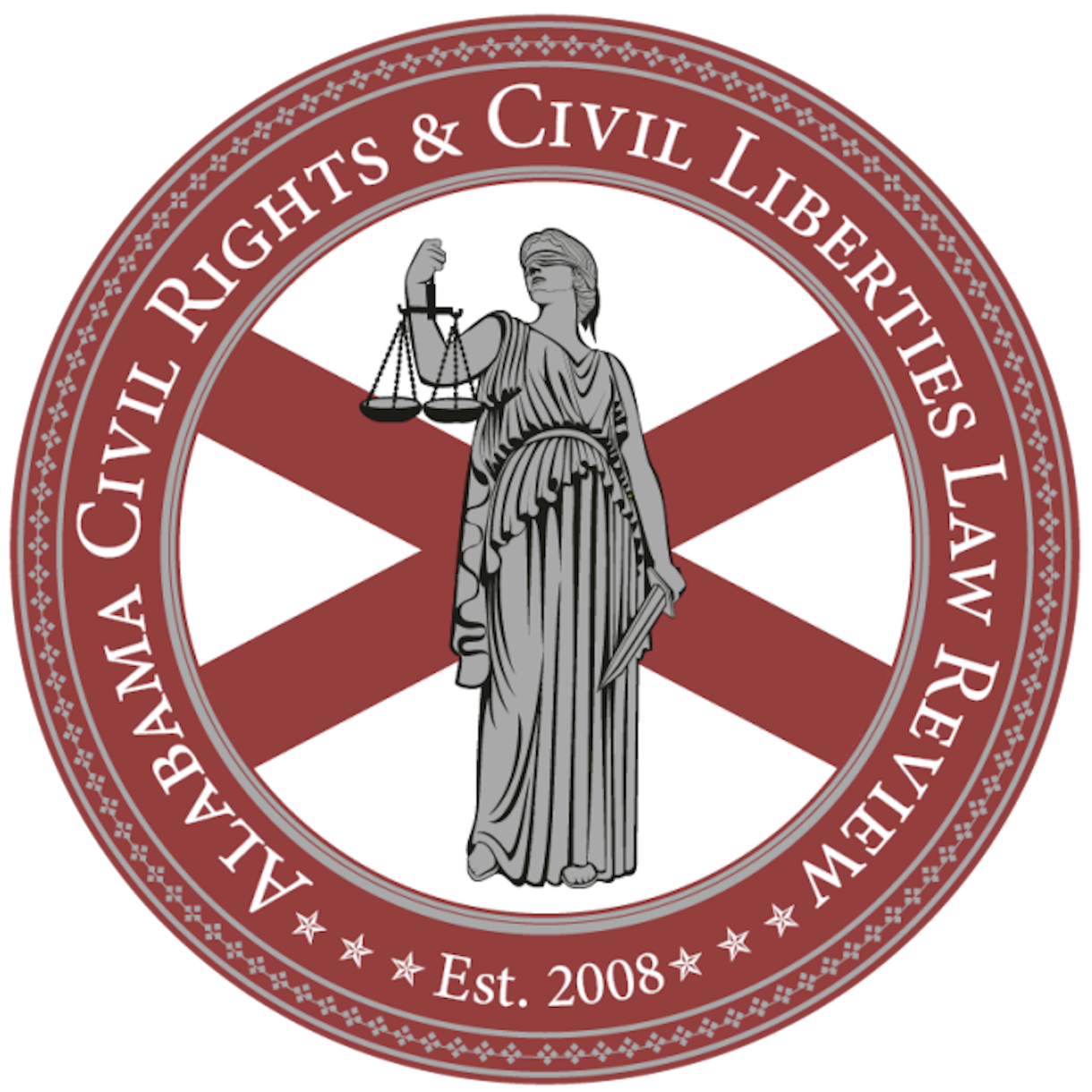
The Alabama Civil Rights and Civil Liberties Law Review is proud to present its 2026 symposium, The Ever-Evolving Definition of America’s History and Tradition to be hosted on February 5-6 at The University of Alabama School of Law. This symposium brings together prominent legal scholars and practitioners to examine the Roberts Court’s growing reliance on historical analysis, reflecting a shift towards originalism that has reshaped the Court’s interpretation of civil rights and liberties.
Symposium Schedule
Education and Executive Power: Fireside Chat with Former Assistant Secretaries for Civil Rights
Feb 05
Time05:00 PM – 06:30 PM
The Department of Education’s Office for Civil Rights has historically played a pivotal role in protecting equal access to education. With campuses across the country facing unprecedented threats to federal funding, it is more important than ever to define the role of executive power in securing federal civil rights. Please join us as our guest speakers discuss the implications of the state of civil rights enforcement for the future of America’s students and educational institutions.
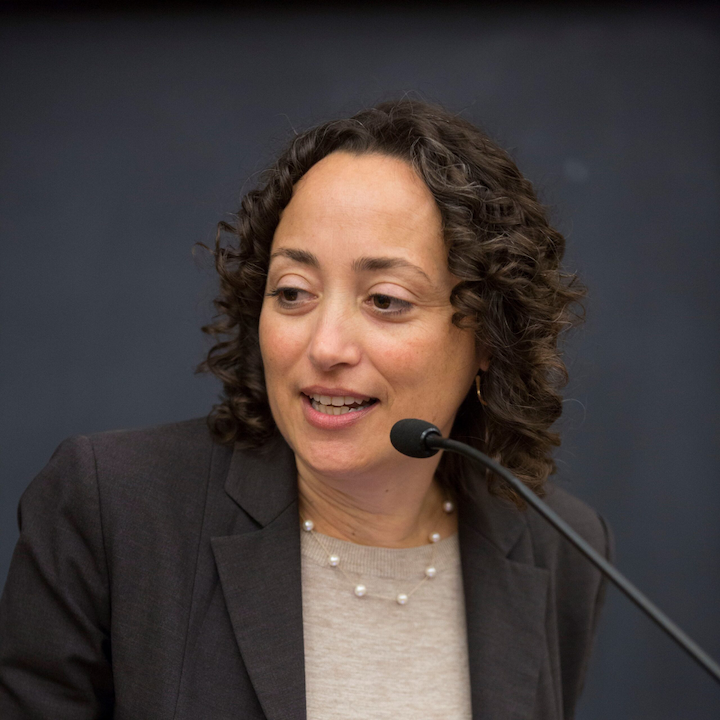
Executive Director, Edley Center on Law and Democracy
University of California, Berkeley School of Law
The Expansion of Executive Power in the First Amendment Context
Feb 06
Time09:00 AM – 09:50 AM
This panel will assess the expansion of executive power in the context of the First Amendment. Specifically, panelists will consider the effects of such power on administrative agencies, educational institutions, and private legal entities.
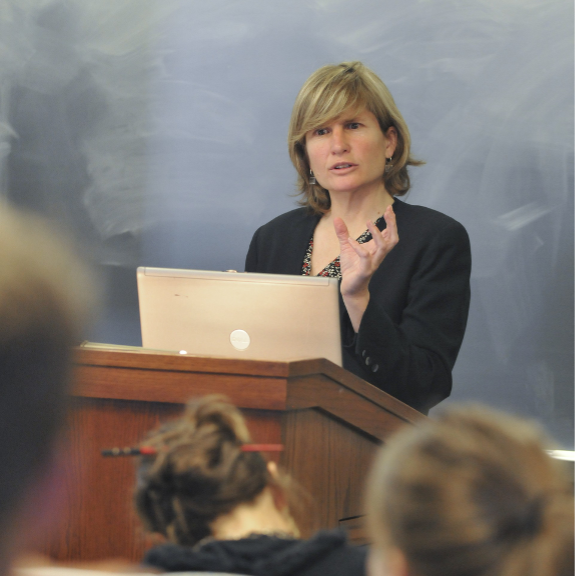
University Distinguished Professor &
Rothgerber Chair in Constitutional Law
University of Colorado Law School

John S. Stone Chairholder of Law &
Director, Program in Constitutional Studies and Initiative for Civic Engagement
The University of Alabama School of Law

Ridwan Ahmed
Moderator
Junior Editor
Alabama Civil Rights & Civil Liberties Law Review
Evolving Standards: History and Tradition in Second Amendment Jurisprudence Post-Bruen
Feb 06
Time10:00 AM – 11:30 AM
This panel will explore the profound shift in Second Amendment jurisprudence following the Supreme Court’s landmark decision in New York State Rifle & Pistol Association v. Bruen (2022). This panel will also address the striking contrast in the Court’s more recent ruling in United States v. Rahimi (2023).
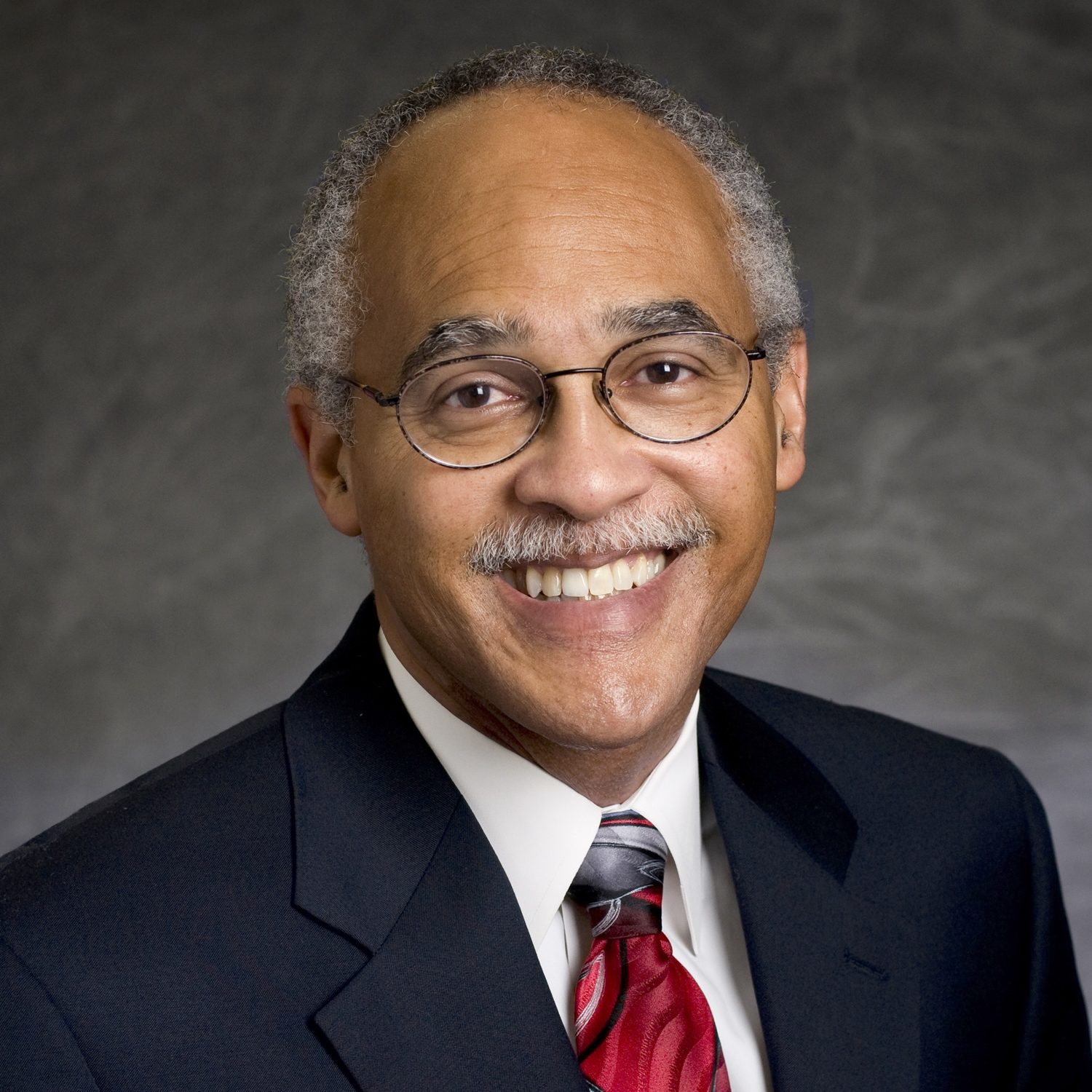
Professor of Law &
Director, Pugh Institute for Justice
Louisiana State University School of Law
Keynote Address: Professor Paul A. Gowder
Feb 06
Time11:40 AM – 12:30 PM
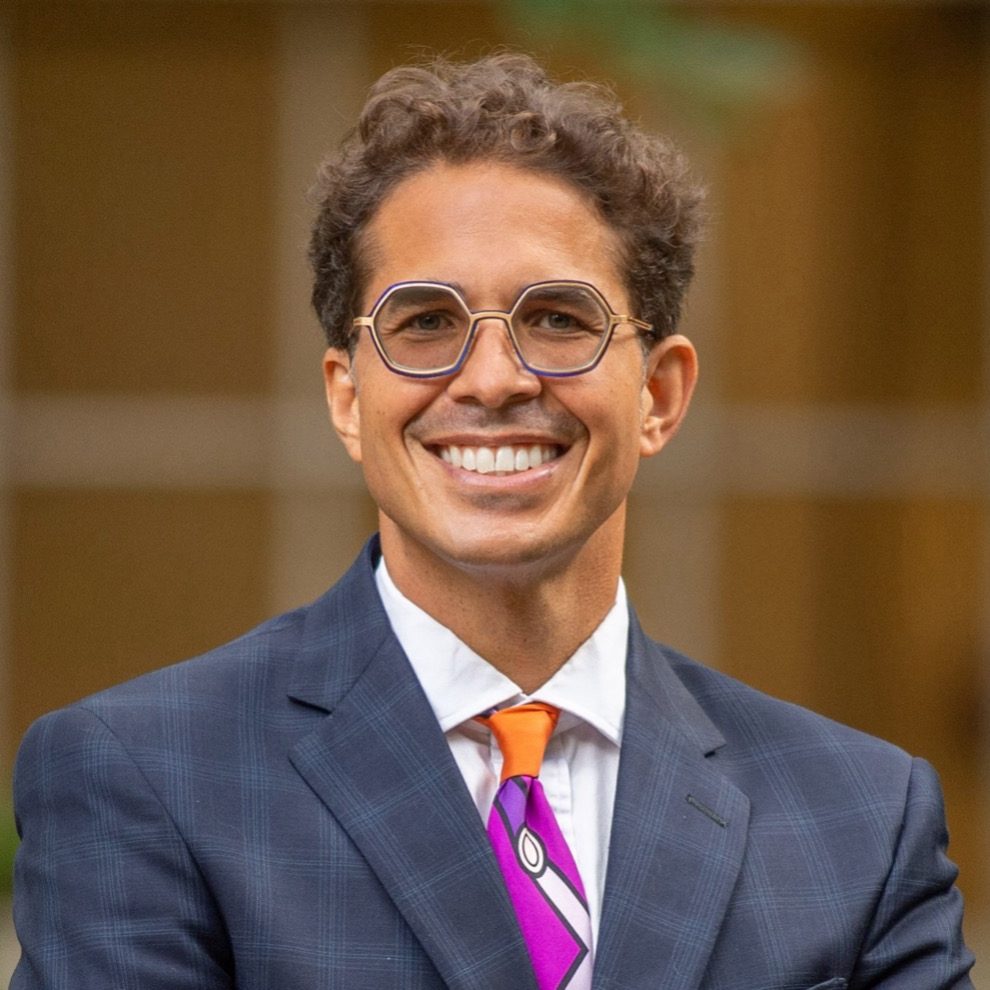
Paul Gowder is the Frederic P. Vose Professor of Law at Northwestern University’s Pritzker School of Law. He is the author of three books: The Rule of Law in the Real World, The Rule of Law in the United States: An Unfinished Project of Black Liberation, and The Networked Leviathan: For Democratic Platforms. His research spans fields including political and legal philosophy, racial justice, constitutional theory, platform governance, and classical Athenian law. A member of the Global Rule of Law Commission of the European Public Law Organization and the American Law Institute, he holds a Ph.D. from Stanford in political science and a J.D. from Harvard. Formerly, he was a legal aid and civil rights lawyer.
The Fourteenth Amendment and Substantive Due Process: Post-Dobbs Uncertainty
Feb 06
Time12:40 PM – 01:55 PM
This panel will engage in a critical discussion of the Supreme Court’s decision in Dobbs v. Jackson Women’s Health Organization (2022), which overturned Roe v. Wade (1973) substantive due process jurisprudence.
Countermovements and the Supreme Court: From Resistance to Tradition
Feb 06
Time02:05 PM – 03:35 PM
This panel will focus on how the Supreme Court can account for differences in history and tradition, with a specific emphasis on counter-movements like the Civil Rights Movement and the Second Founding.

Alan Miles Ruben & Judge Betty Willis Ruben Endowed Professor of Law
Cleveland State University College of Law

R. Jordan Davis
Moderator
Senior Editor
Alabama Civil Rights & Civil Liberties Law Review
The University of Alabama and the School of Law adhere to a policy of institutional neutrality with respect to political and social issues. The Law School may facilitate the expression of opinions by faculty, staff, students, or other individuals regarding policy matters. However, those opinions do not necessarily reflect the views of the Law School, the University, or affiliated leadership.
